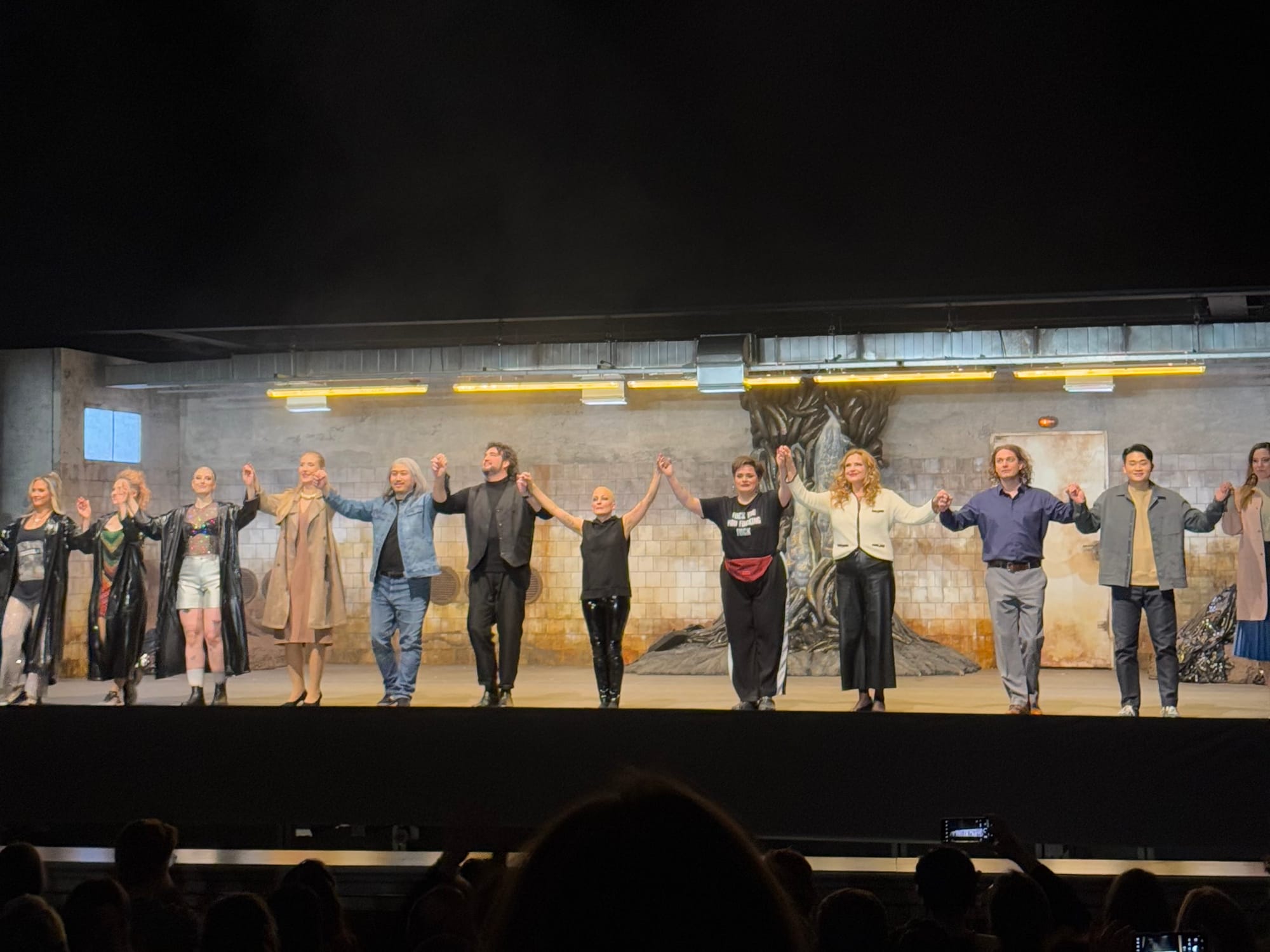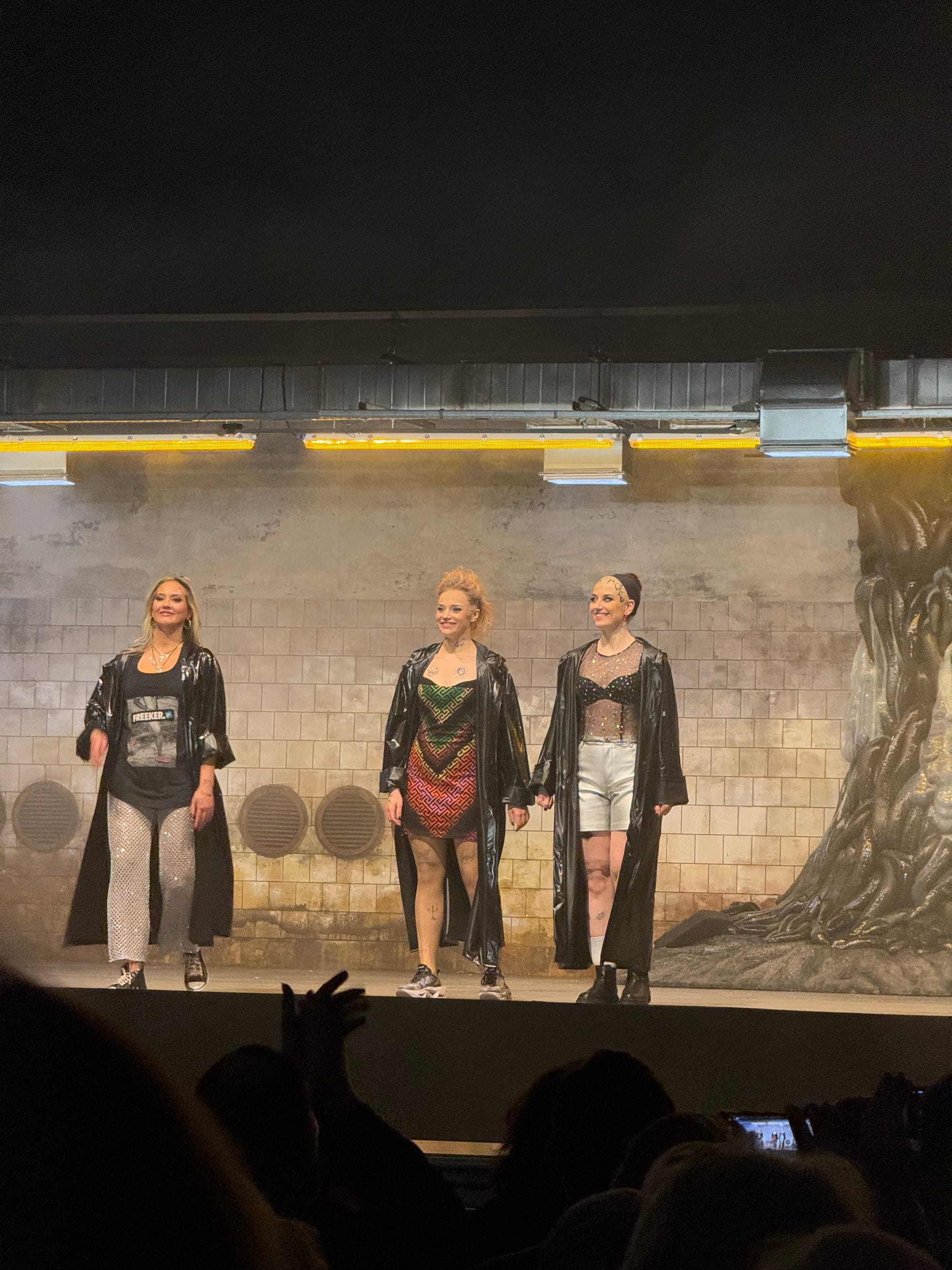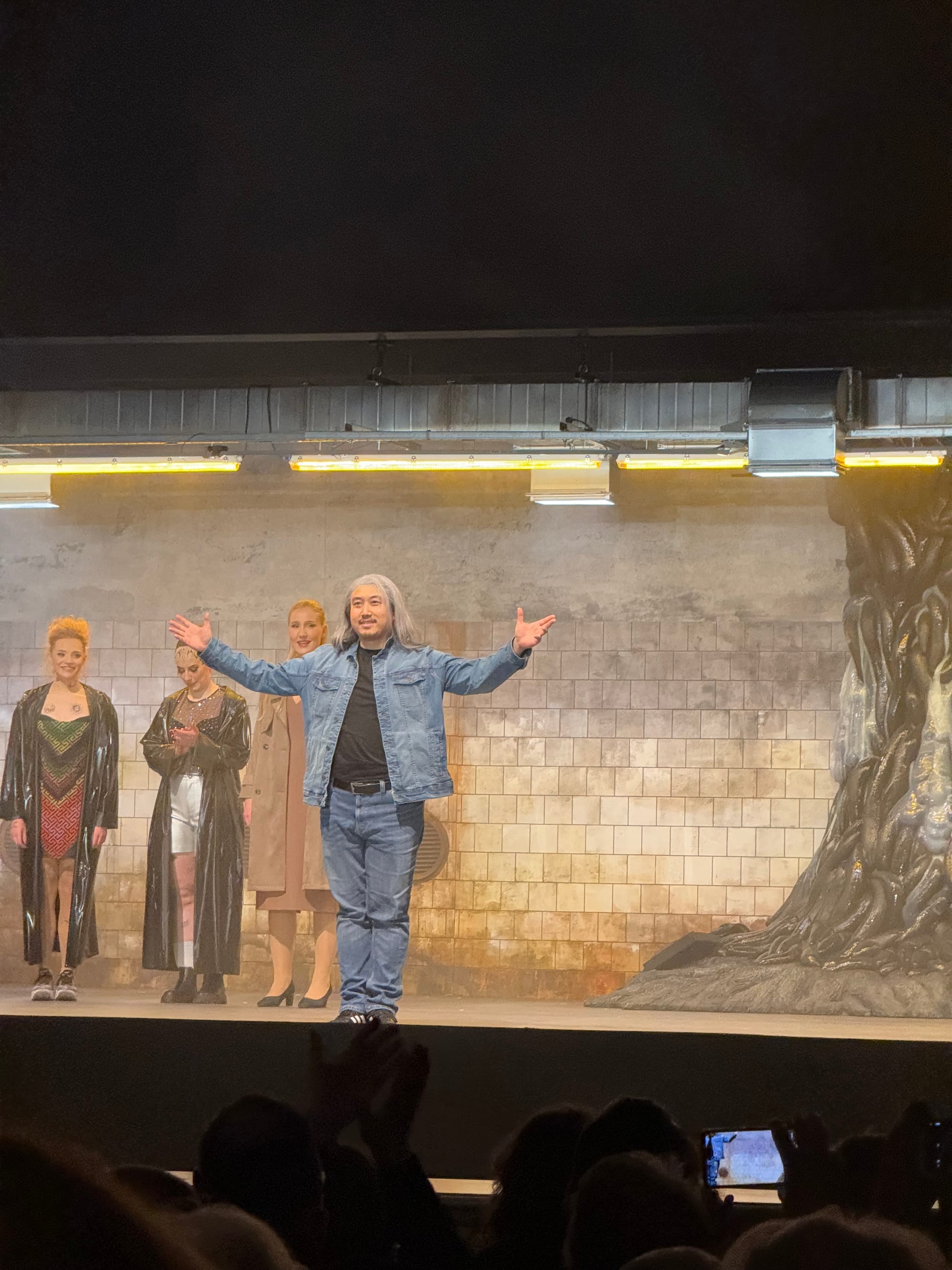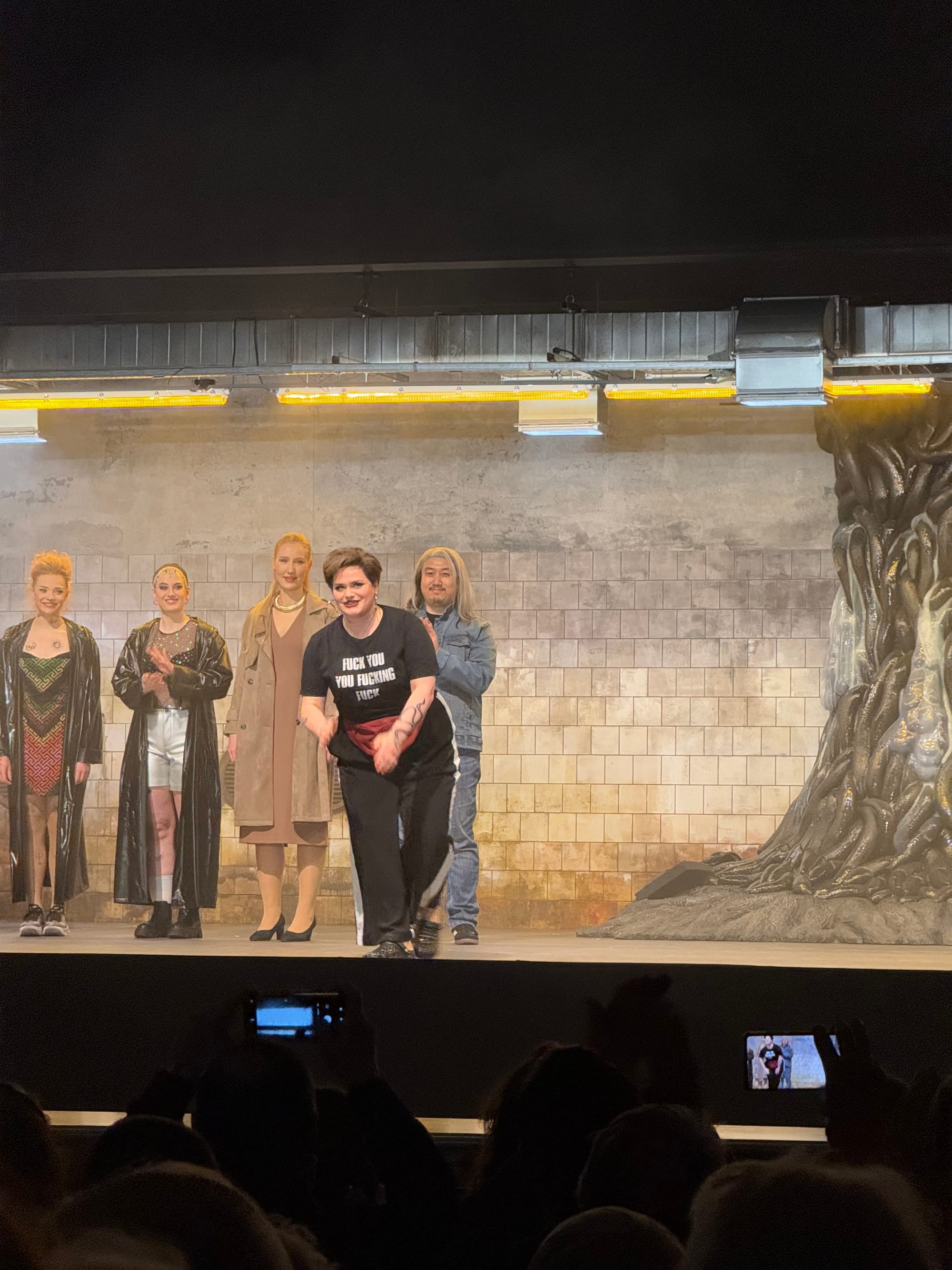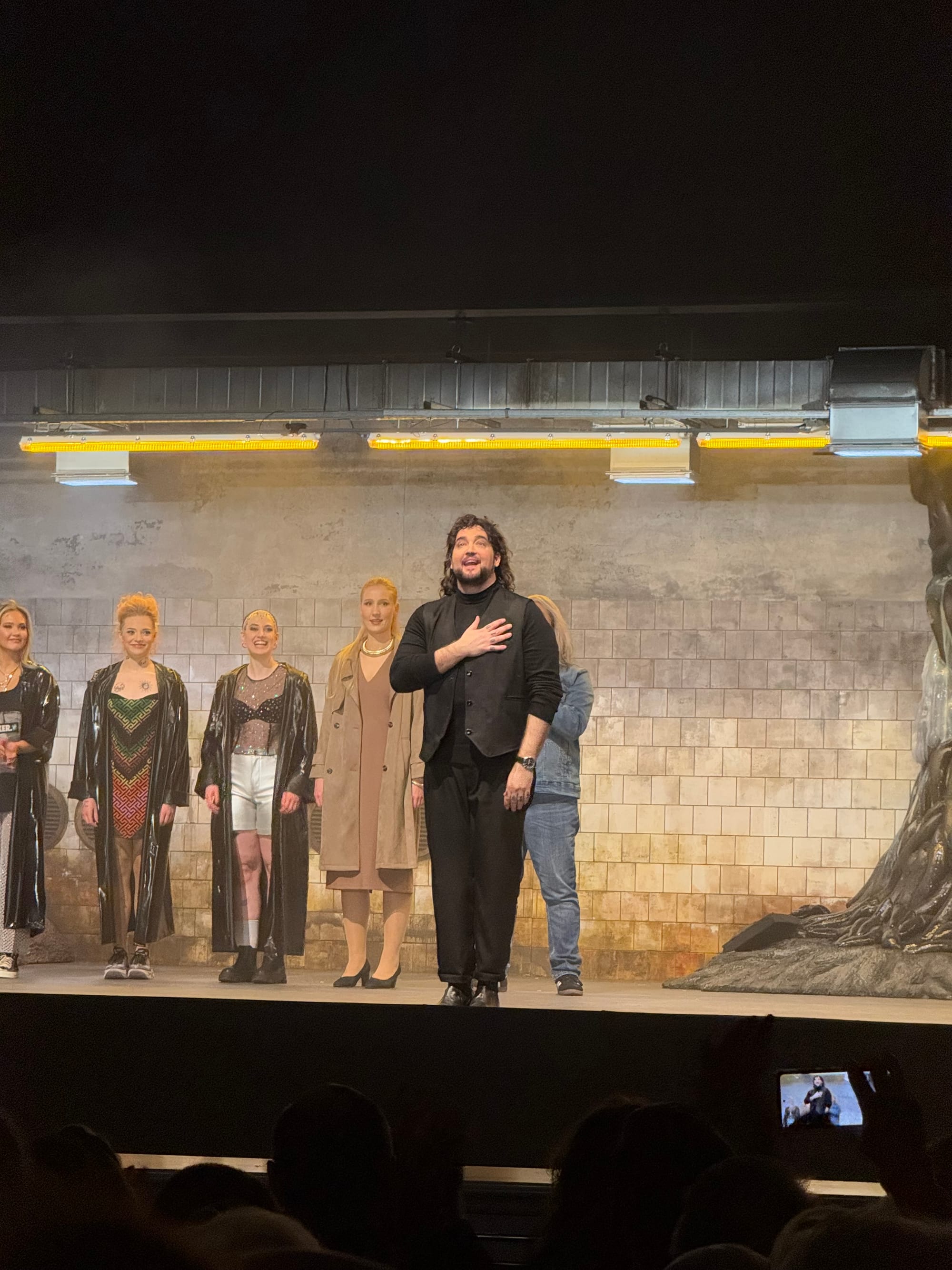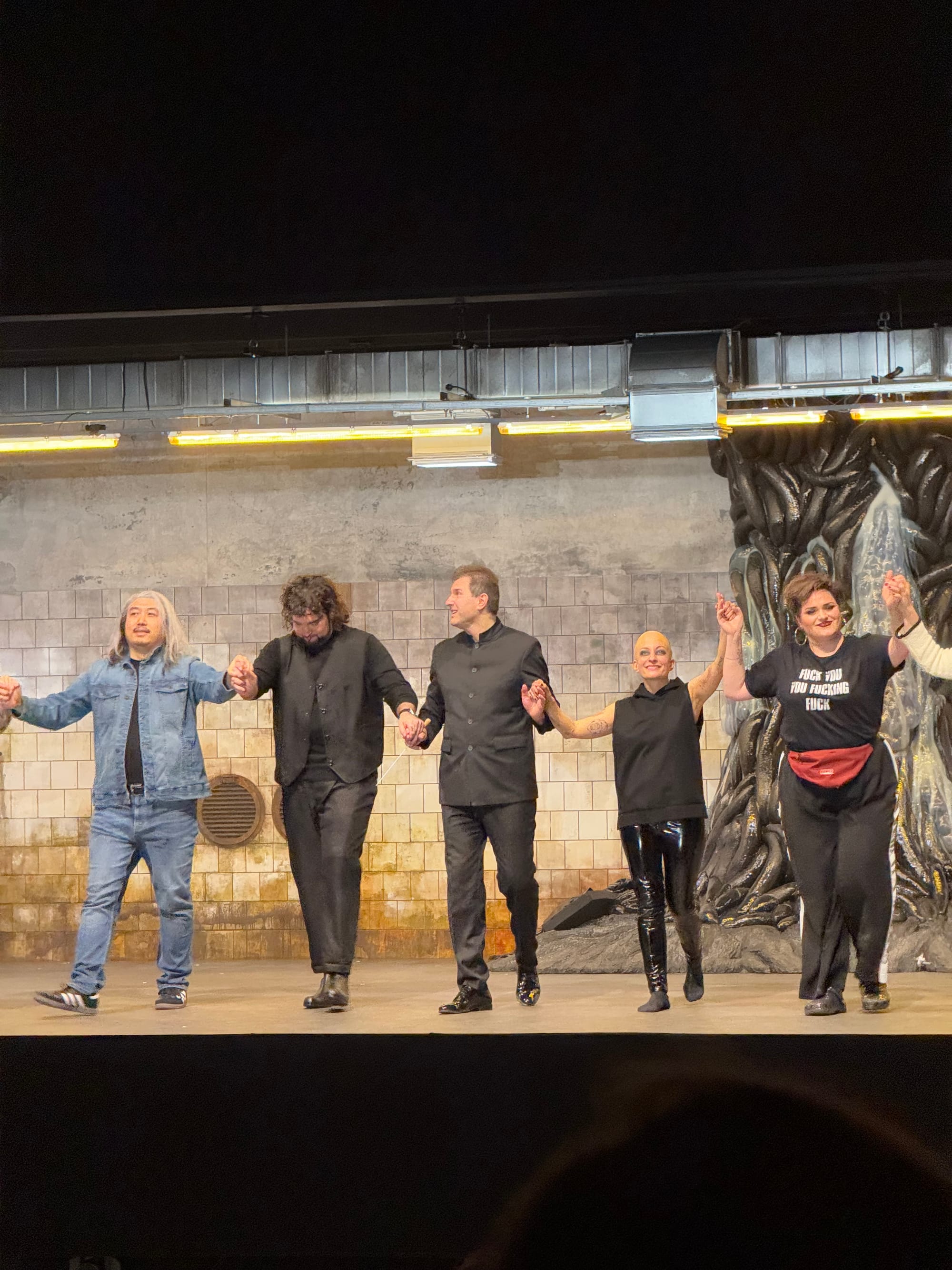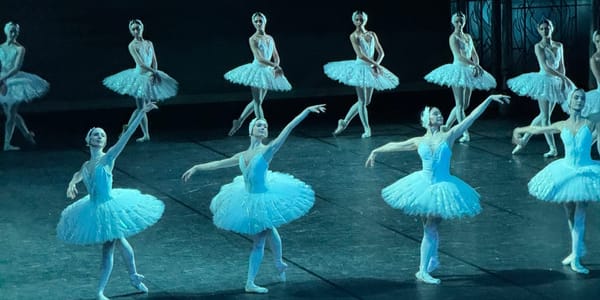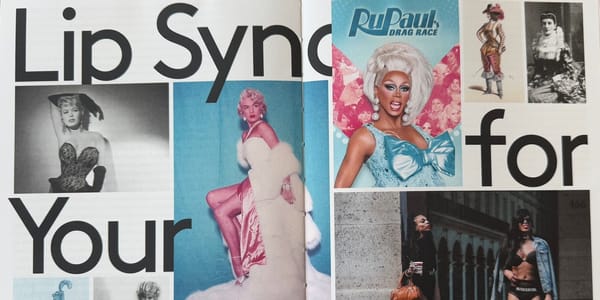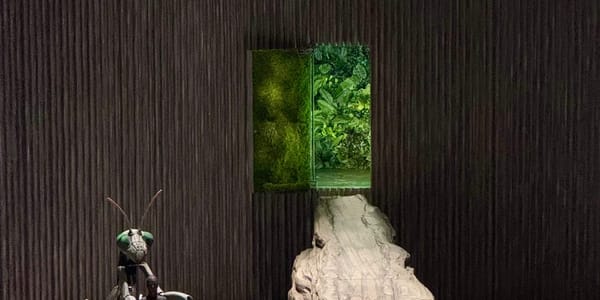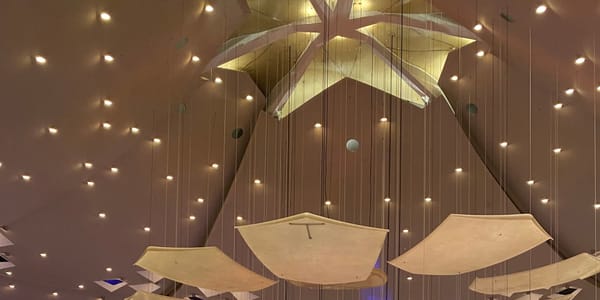Rusalka at Staatsoper Berlin
Visually, the production is rich with unsettling imagery that redefines Rusalka’s nature. Though traces of her original water-nymph identity remain, here, she is something far more uncanny.
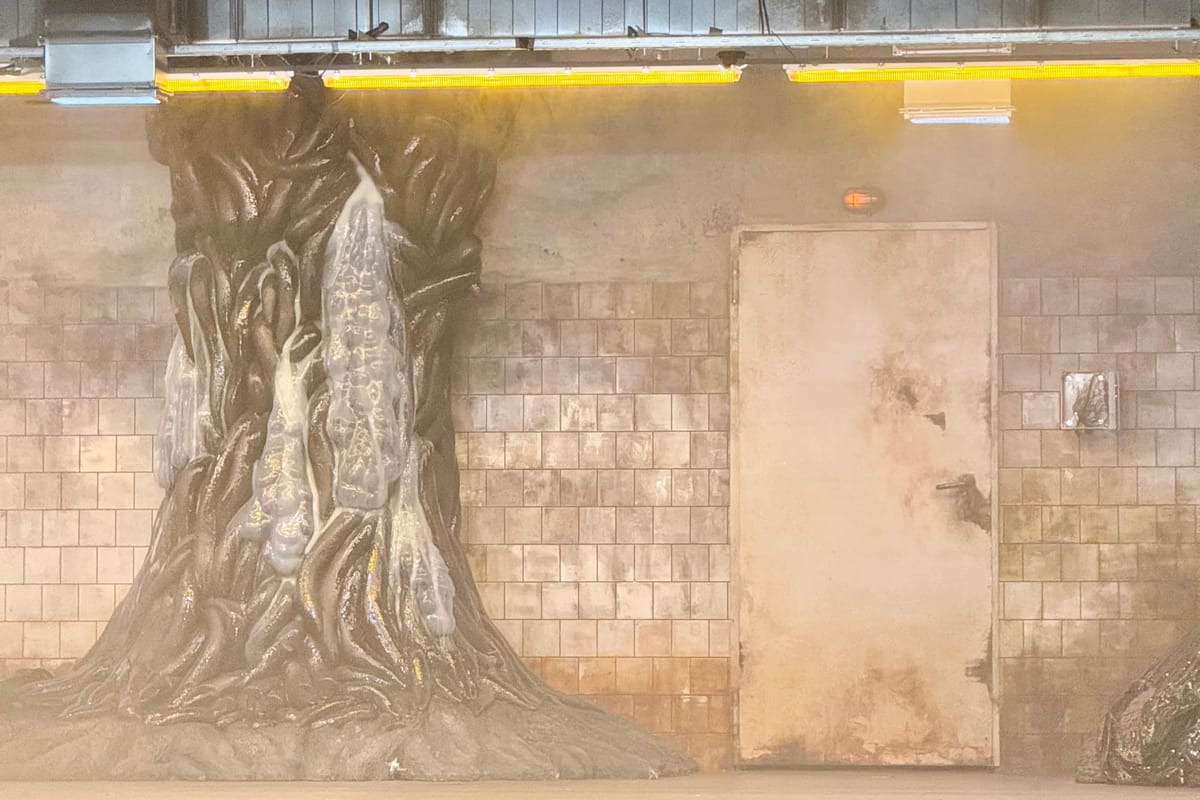
⭐️⭐️
🎭 Rusalka
🎶Antonín Dvořák
💭 Kornél Mandruczó, 2020
🏛️ Staatsoper Berlin
🗓️ 09.02.2025
“DAS WASSER SUCHT DICH, VERGEBLICH WILL ES DICH UMARMEN”
RUSALKA at Staatsoper Berlin strips the opera of its traditional mystique and places it in a starkly contemporary world, trading its enchanted forest and shimmering lakes for something grittier: a Berlin Mietskaserne. The nymphs become young flatmates in a run-down apartment, while the Prince lives in a gleaming Dachausbau penthouse, embodying the city’s real estate divide all residents are all-too familiar with. By turning the opera’s core conflict—between the human and supernatural worlds—into a class struggle, the production highlights themes of belonging, longing, and identity in a way that resonates with modern urban audiences.
The staging is clever and extremely detailed. The initial curtain only reveals the ground-floor apartment, emphasizing the cramped conditions of Rusalka and her fellow nymphs. As Act I concludes, the curtain rises further, unveiling the Prince’s luxurious penthouse and its sweeping Friedrichshain rooftop views. In Act III, the entire stage physically moves upwards, exposing a dark, fungus-ridden basement below—an eerie underworld that recalls Stranger Things with its supernatural, almost radioactive imagery. This architectural layering reinforces the theme of social stratification and nods to an impossibility of true assimilation between classes.
Visually, the production is rich with unsettling imagery that redefines Rusalka’s nature. Though traces of her original water-nymph identity remain—she spends long periods in the bathtub—she is something far more uncanny. Eels keep appearing onstage, foreshadowing her horrifying final transformation. The most shocking moment comes when, after being rejected, she sheds her human form: emerging from the bathtub, tearing out her hair, and crawling across the floor, dragging behind her a long, slick, black worm-like tail. The grotesque reaches its peak when she kills the Prince in the basement, wrapping herself around him in a predatory final embrace.
At the heart of Rusalka’s doomed metamorphosis is Ježibaba, performed here not as a mystical witch but as a punk neighbor who vapes in the hallway and whips up potions from dubious ingredients. She is more streetwise than supernatural, preparing Rusalka for her encounter with the Prince in a way that feels more like a pre-clubbing ritual than an ancient spell. This, combined with the outfits and dancing of the nymphs—who move with the fluid energy of Berlin club-goers—creates a subtle but pointed reference to the city’s iconic nightlife scene. Far from being an incidental detail, this allusion positions club culture as a legitimate cultural force, one that embodies transformation, escapism, and reinvention, much like Rusalka’s own journey does.
Perhaps unsurprisingly, such a radical reinterpretation is bound to divide audiences. While I remember the audience as being quite peaceful when I first saw this production in 2024, this evening’s performance was met with audible booing, and even a Czech audience member shouting “SHAME.” For those expecting a reverent homage to a national fairytale, this brutal and unromantic RUSALKA is perhaps too much to bear. Yet, for those willing to embrace its dark vision, this production offers a haunting meditation on desire, displacement, and the cost of transformation—one that feels as much a reflection of Berlin itself as of Dvořák’s opera.
